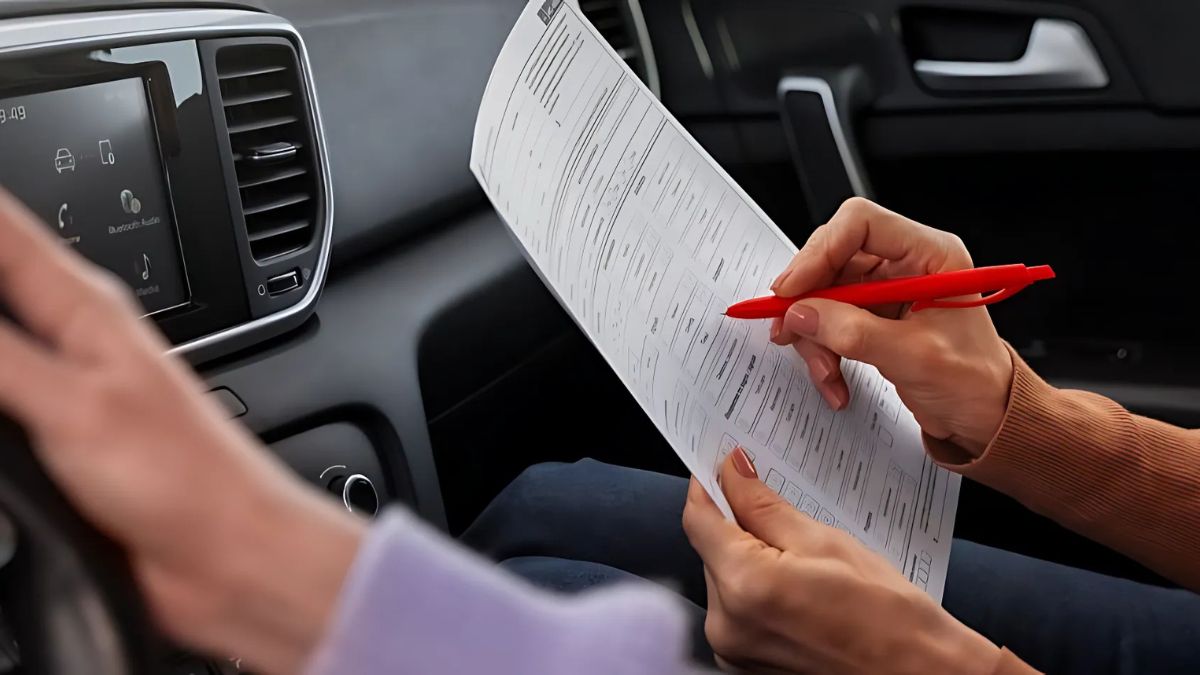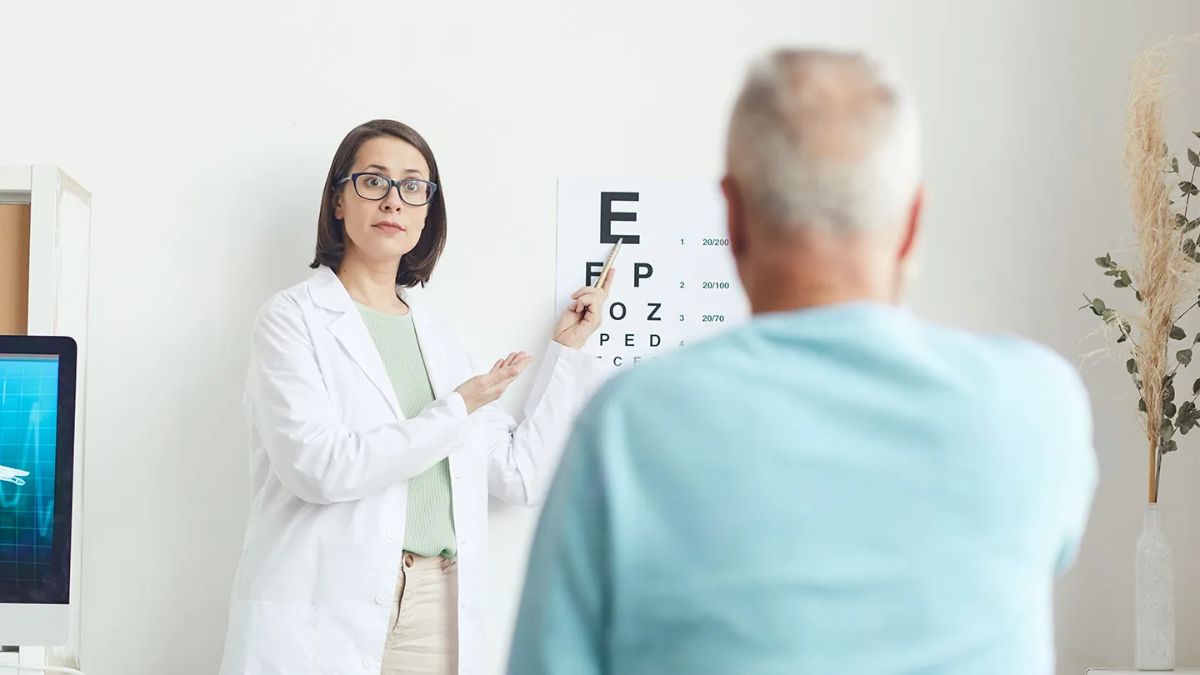Many senior drivers in the U.S. are feeling uneasy after the Department of Transportation (DOT) introduced a new regulation starting July 2025. The goal? Improve road safety by requiring drivers over the age of 65 to undergo new assessments when renewing their license. With the number of accidents involving older drivers on the rise, some states are tightening the rules to ensure drivers are still fit to be behind the wheel.
DOT
The United States Department of Transportation is the federal agency responsible for overseeing all transportation systems across the country. Established by Congress in 1966, it aims to make transportation safer, faster, more efficient, and accessible for everyone. With road safety being one of its top priorities, the DOT works closely with other organizations like the National Highway Traffic Safety Administration (NHTSA) to monitor trends and implement new measures when needed.
Accidents
One of the key reasons for the new rules is the rising number of accidents involving seniors. According to the NHTSA, in 2023, 13.7% of all accidents involved drivers over 65. By 2024, that number rose to 14.7%. While that may not seem huge, it’s enough to raise concerns about the ability of some older drivers to continue operating vehicles safely. That’s why states like California, Florida, and Texas are stepping in to make driver’s license renewals more thorough for seniors.
Tests
So what do the new rules actually require? Starting July 2025, seniors will no longer be able to renew their licenses automatically. Instead, they’ll need to pass three main types of assessments:
- Vision test: checks for problems like cataracts, glaucoma, and general vision loss.
- Cognitive evaluation: measures memory, attention, and reaction time to spot signs of mental decline.
- Practical exam: a driving test supervised by a DMV instructor to assess real-world driving ability.
These tests aim to ensure that older drivers are still physically and mentally capable of handling the responsibilities of being on the road.
States
Although the regulation is federal, the way it’s implemented depends on each state. Here’s how some of the most populated states are handling it:
| State | Age Requirement | Test Requirements |
|---|---|---|
| California | From age 70 | Mandatory vision test |
| Florida | From age 80 | Cognitive evaluation required |
| Texas | From age 79 | All three tests (vision, cognitive, practical) |
Each state still has the freedom to adjust how often the tests are done and at what ages.
Renewal
Here’s how often seniors will need to renew their licenses under the new rule, depending on their age:
| Age Group | Test Requirements | Renewal Frequency |
|---|---|---|
| 70 to 80 years | Vision test | Every 4 years |
| 81 to 86 years | Vision and possible cognitive test | Every 2 years |
| 87+ years | All tests including driving test | Every year |
The goal is to monitor changes in ability more closely as people age.
Reports
What if someone refuses to admit they’re no longer fit to drive? That’s where the new voluntary reporting system comes in. Family members, neighbors, even doctors can notify authorities if they believe someone is unsafe behind the wheel. While this might sound harsh, the intention is not to limit anyone’s freedom. It’s about making sure everyone on the road is safe—including the seniors themselves.
The government insists this move is not about discrimination but rather about adapting to the realities of aging and preventing accidents before they happen. And with flexibility at the state level, it allows for a more tailored approach depending on local needs.
FAQs
When do the new rules start?
They start in July 2025 across the U.S.
Do all seniors need to take a driving test?
Only those 87+ must take a yearly practical exam.
What tests are required?
Vision, cognitive, and sometimes practical driving tests.
Are these rules the same in every state?
No, each state can adjust test types and frequencies.
Can family report unsafe senior drivers?
Yes, a voluntary reporting system allows this.























